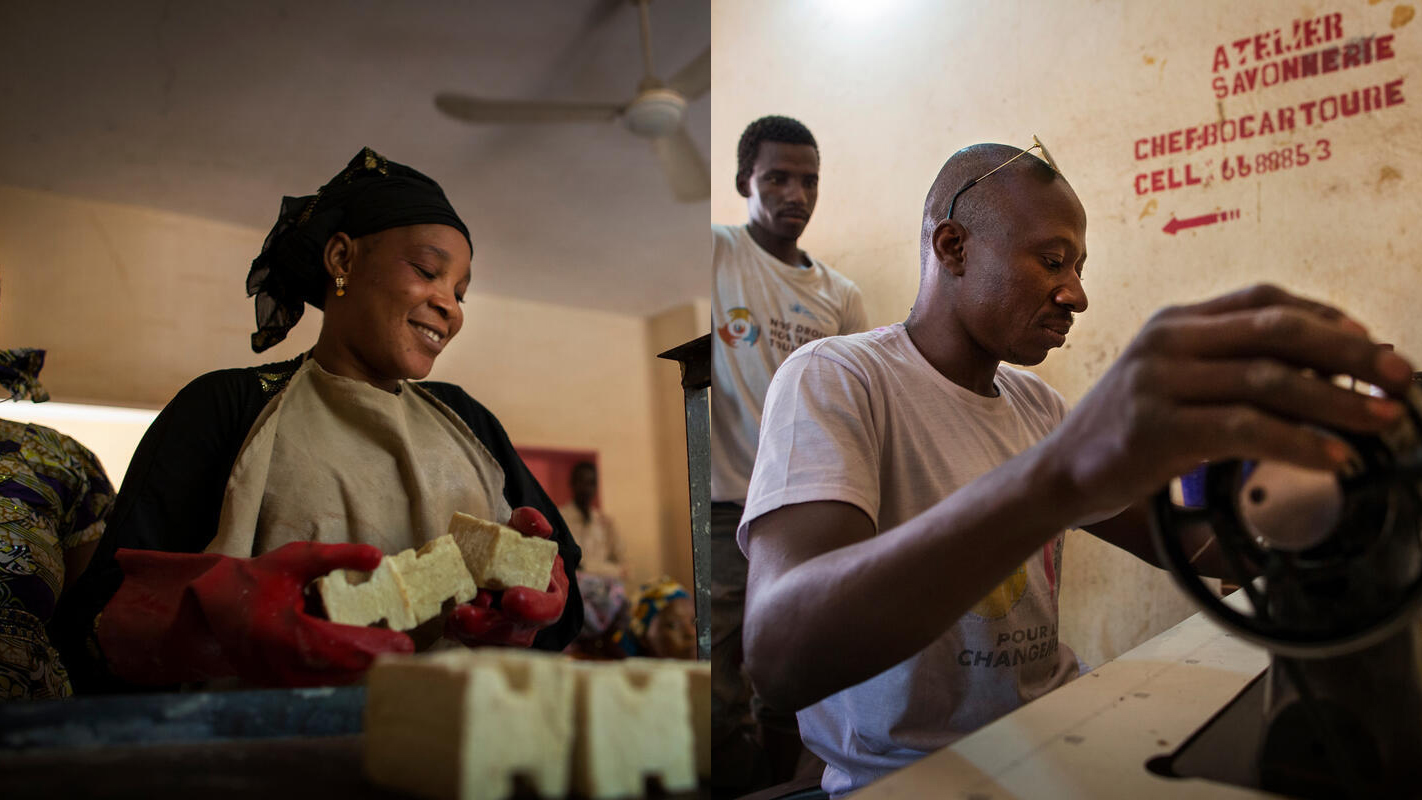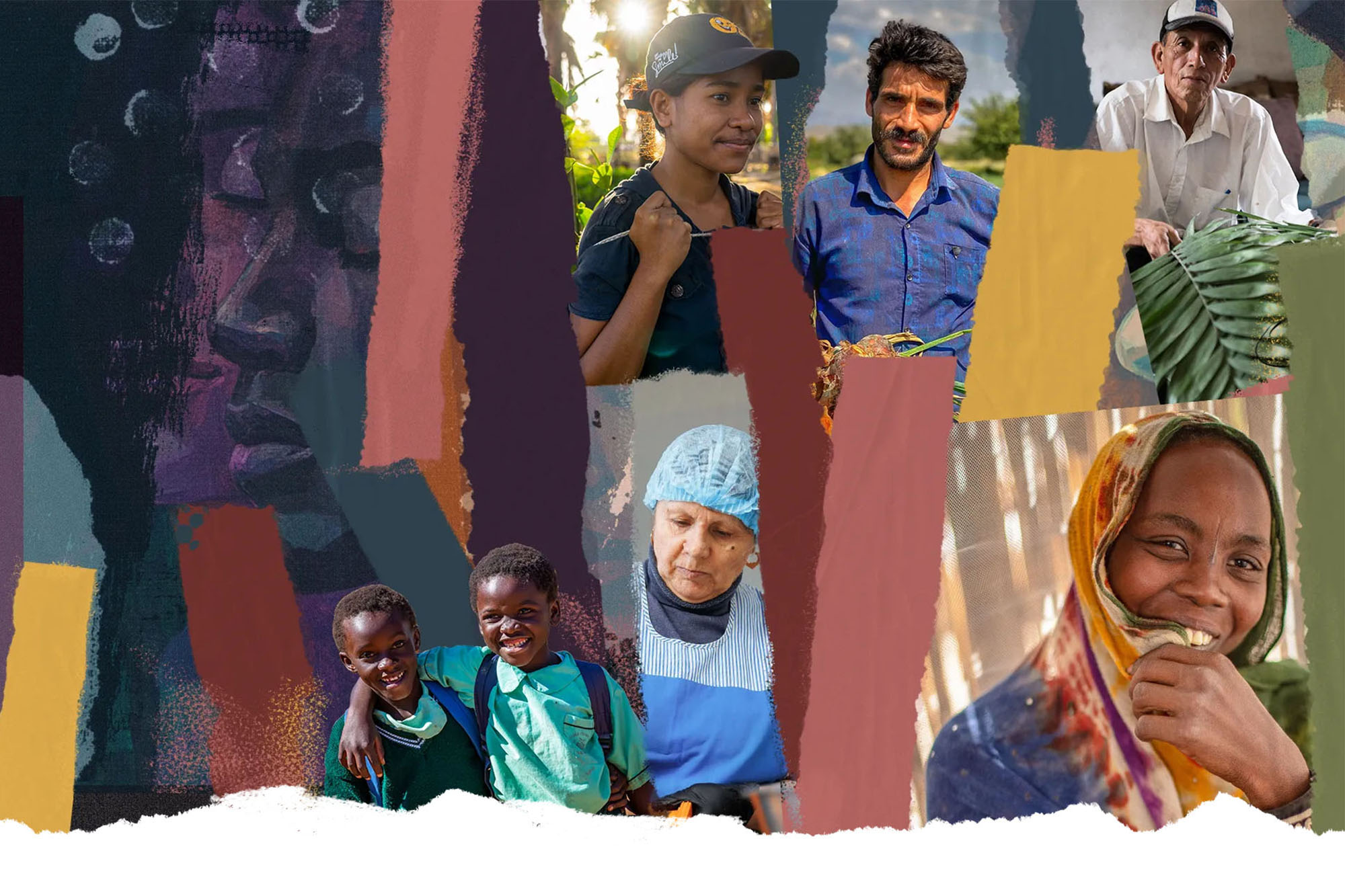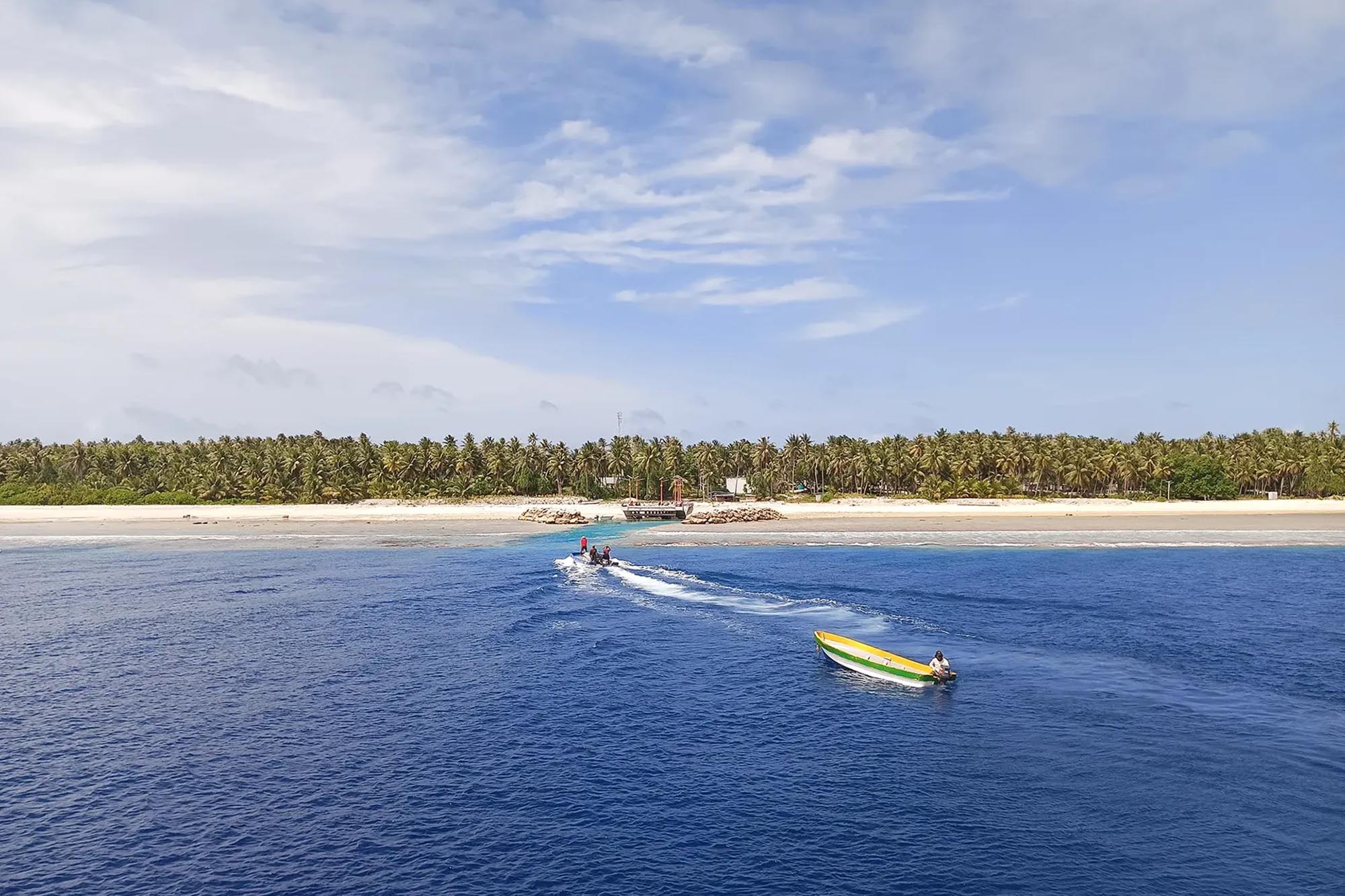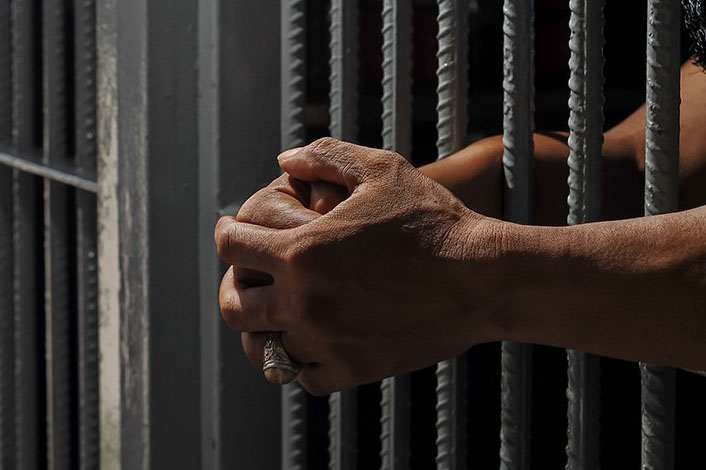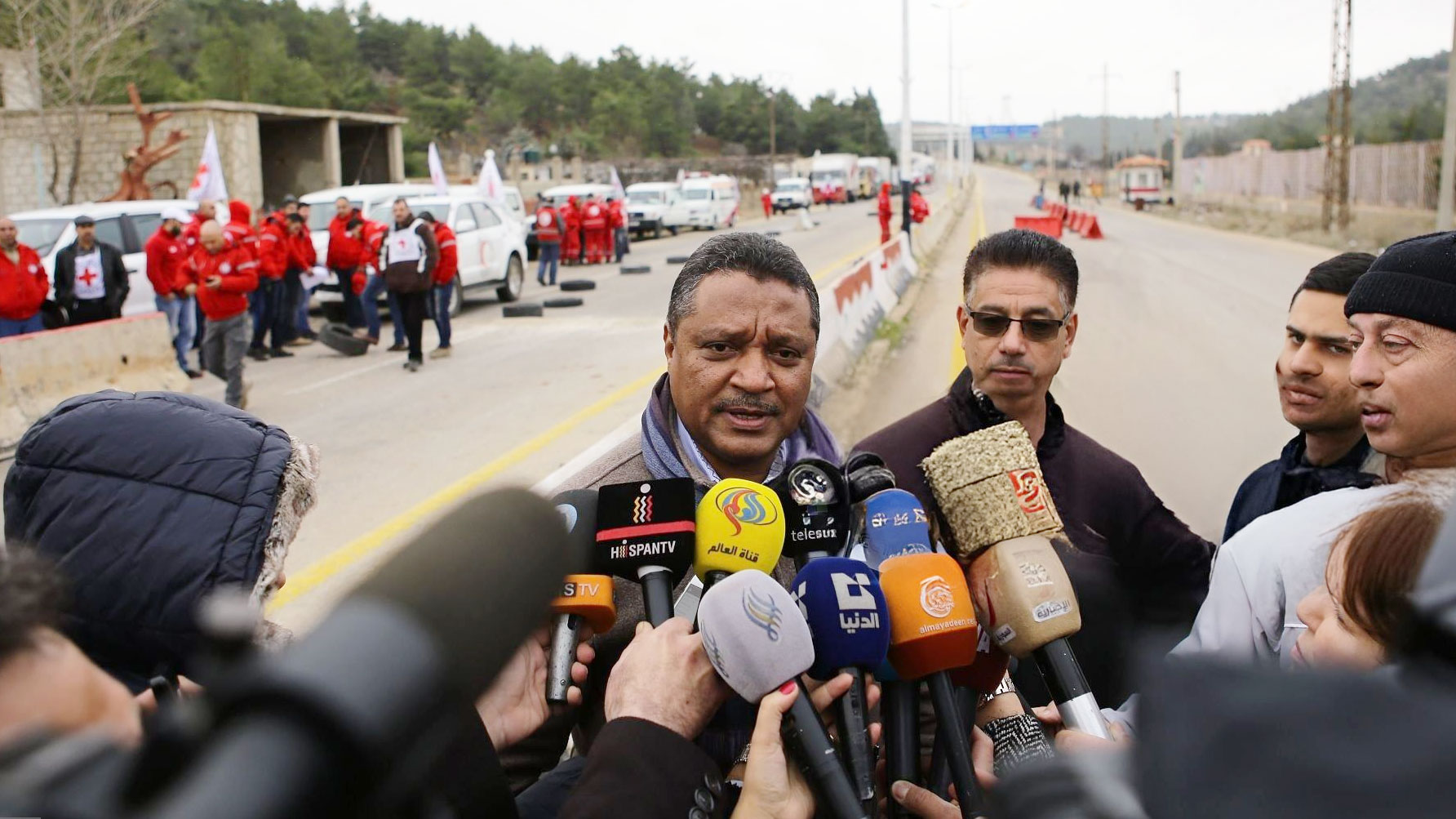Find out more in
Ending Female Genital Mutilation (FGM) by 2030 depends on continuous global engagement and investment. The 2026 International Day of Zero Tolerance for Female Genital Mutilation (6 February) centers on the theme “Towards 2030: No end to FGM without sustained commitment and investment.” The observance calls on the international community to uphold long-term support, policies, and community initiatives, safeguarding progress and accelerating the elimination of FGM. Join us and share your voice with #Invest2EndFGM and #EndFGM to ensure every woman and girl can live free from this harmful practice.
Born from the ashes of the Second World War, the United Nations emerged determined to prevent the horrors of the Holocaust from ever recurring. These crimes shaped modern human rights law, inspiring the 1948 Universal Declaration of Human Rights and the Genocide Convention. The International Day of Commemoration in memory of the victims of the Holocaust (27 January) honours victims and warns against hatred and antisemitism. The UN Secretary-General, the General Assembly and diplomats observe the International Day with Holocaust survivors and their families. Watch live or on demand on UN WebTV.
The most read about issue on the UN website in 2025 was Human Rights. Human rights are at the heart of everything we value: the right to life, freedom, and equality. The right to health and education. The right to work, rest, and have a family. Access to justice, physical integrity, freedom from torture, and the right to development in a clean, healthy, and sustainable environment. As the 2025 Human Rights Day campaign phrased it - human rights are our everyday essentials. When we protect human rights, we protect what makes us human.
In a year when the very foundations of human rights have been tested, Human Rights Day (10 December) reminds us of a vital truth: human rights aren’t abstract; they’re the everyday freedoms we depend on. This year’s UN Human Rights Day campaign, Our Everyday Essentials, reaffirms the enduring relevance of the Universal Declaration of Human Rights and its core values — equality, justice, freedom, and dignity — reminding us that human rights remain a steadfast promise for society. Join us and share your voice on social media using #OurEverydayRights.
Human rights are our compass in turbulent times, guiding us through uncertainty. UN Human Rights Chief Volker Türk launched the 2025 Human Rights Day campaign, warning that rising inequalities, conflicts, and climate crises threaten fundamental rights. Marking the UN Charter’s 80th anniversary, Türk urged solidarity and advocacy. The “Our Everyday Essentials” campaign seeks to reaffirm the enduring relevance of the Universal Declaration of Human Rights, showing how rights like food, education, and freedom shape daily life. Share your essentials through our online form or on social media using the hashtag #OurEverydayRights.
A key symbolizes the security of a home, while a phone with internet access opens the door to information. Financial tools like credit cards and cash enable access to food and services. For many living in poverty, violence, or disaster, these rights are hard-won achievements. Promoting and protecting human rights is vital for sustainable development. The United Nations Development Programme (UNDP) collaborates in over 60 countries and territories to strengthen national human rights systems and help states fulfill their obligations. By securing essentials like clean water and advocating for justice, UNDP demonstrates that human rights are essential for safety, equality, and respect in everyday life.
The International Day of Solidarity with the Palestinian People (29 November), established by the UN in 1977 to mark the 1947 partition resolution, continues to highlight the urgent need for peace in the Middle East. In 2025, amid a fragile Gaza ceasefire and humanitarian crisis, the UN held special meeting on 25 November at its New York headquarters, joined by Member States, organizations, and civil society, with commemorations concluding on 4 December through a screening and discussion of The Voice of Hind Rajab by filmmaker Kaouther Ben Hania.
Preventable maternal deaths remain a global injustice rooted in gender inequality and systemic failure, with advocates like Angela Nguku urging a human rights-based approach to ensure no woman dies while giving life.
Danielle Bell explains why documenting human rights in Ukraine’s conflict is crucial for justice and accountability amid ongoing violence.
Global experts and formerly incarcerated individuals emphasize that successful reintegration after prison requires addressing stigma, ensuring access to basic rights, and treating support not as charity, but as a fundamental human right.
For this year's International Day for People of African Descent (31 August), the United Nations Secretary-General's message emphasizes honoring the remarkable contributions of individuals of African descent, while acknowledging the lasting injustices they have faced through slavery and colonialism. As we enter the Second International Decade for People of African Descent (1 January 2025 – 31 December 2034), the theme "People of African Descent: Recognition, Justice, and Development" highlights the importance of affirming their rights and celebrating their impact.
Enforced disappearance is often used as a strategy to instill fear in society. The resulting sense of insecurity affects not only the close relatives of the disappeared, but also their communities and society at large. In 2010, the General Assembly adopted the International Convention for the Protection of All Persons from Enforced Disappearance to prevent this grave human rights violation and combat impunity. On the International Day of the Victims of Enforced Disappearances (August 30), the UN notes that only 77 Member States have ratified the Convention.
“[Serving refugees] is not a job, it's a mission, and there's always fire in the belly that keeps you wanting to do more, but also never giving up. This is the UNHCR I joined.”
Yacoub El Hillo spent more than thirty years serving refugees and displaced people in some of the world’s worst conflict zones. But when cataclysmic war erupted in his hometown of Khartoum, Sudan, the Regional Director for Africa at the United Nations Development Coordination Office (DCO) had to help his own family flee the violence.
“I don't think there's any home in Khartoum that was spared … the assumption is that everything is gone.”
Having served in more than 16 duty stations, from Liberia to Syria, Somalia and Afghanistan, Yacoub El Hillo has rarely seen any conflict as devastating as the one currently decimating Sudan. In this episode, he reflects on the scale of the human suffering there, looks back on a rich and varied career with the UN, and shares why all nations deserve a chance to strive for a brighter future.
Photo: ©OCHA Syria
Across the globe, people continue to be harassed, attacked — and even killed — simply for what they believe. Places of worship are desecrated. Communities are terrorized. Online platforms are flooded with hate. We must confront this threat head-on. On this International Day Commemorating the Victims of Acts of Violence Based on Religion or Belief (22 August) we remember the victims and recommit to action. Let us stand together to build a world where diversity is celebrated, and everyone can live in safety and dignity.

